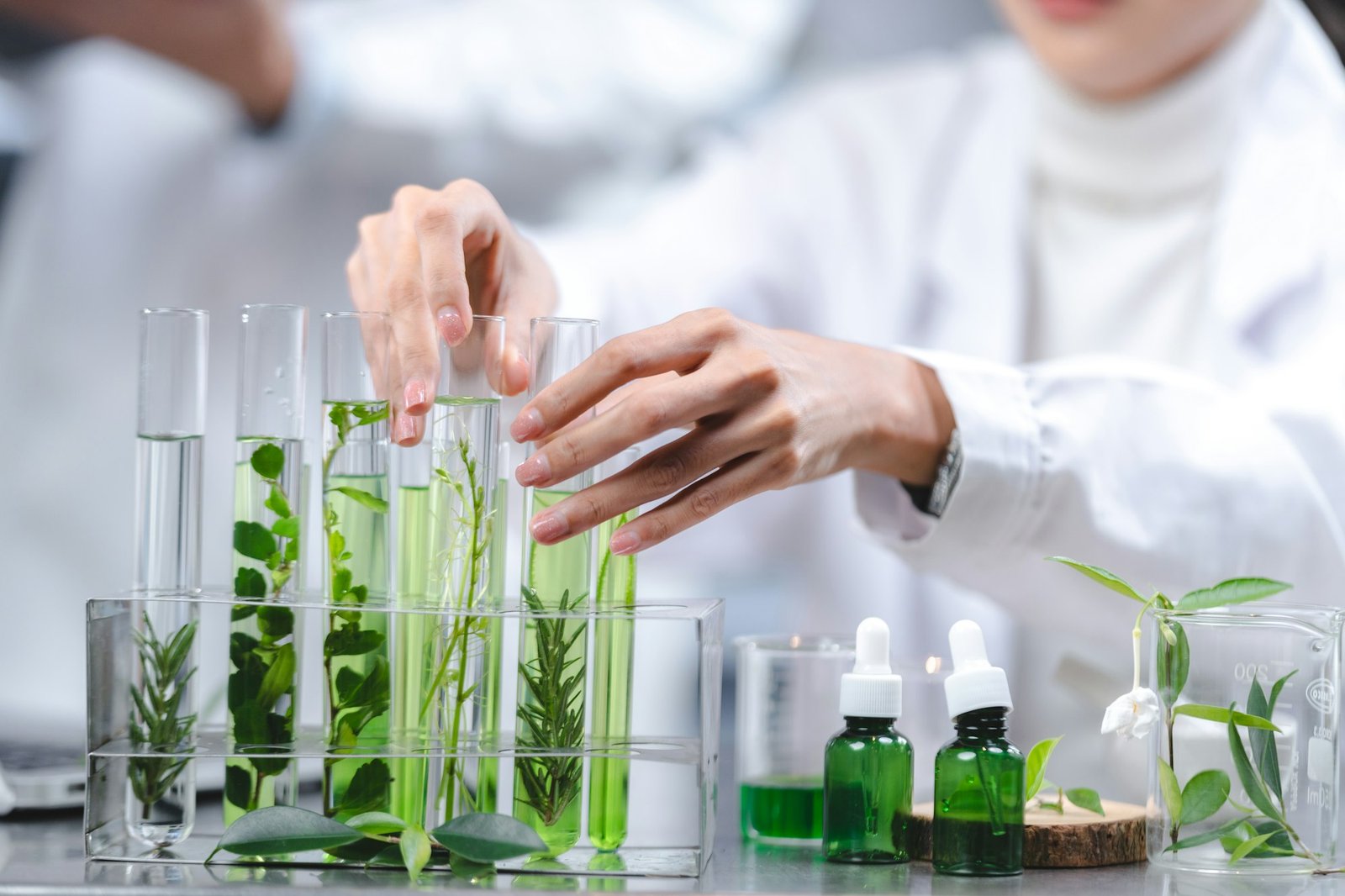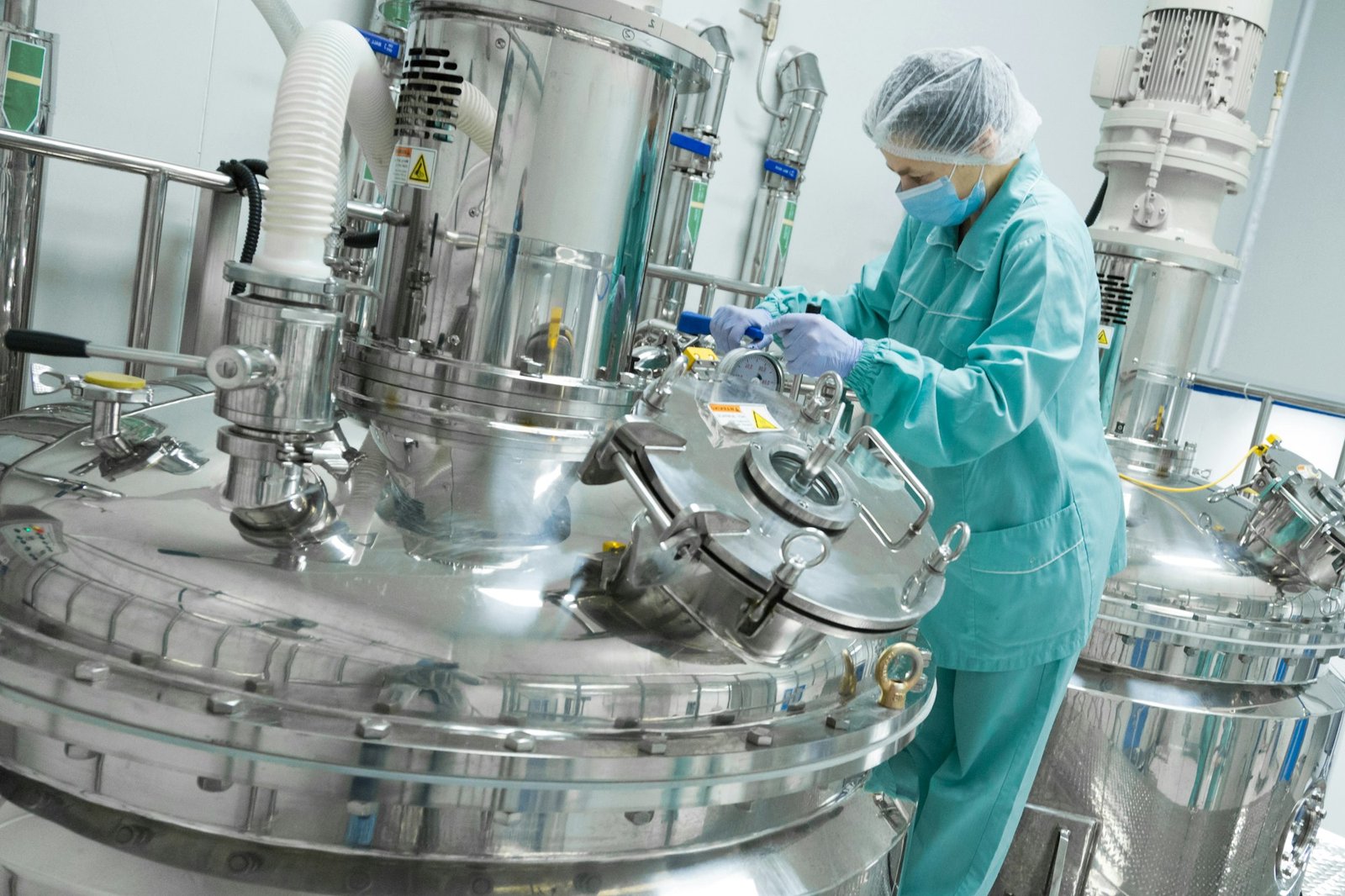The pharmaceutical industry is a cornerstone of global healthcare, with Active Pharmaceutical Ingredients (APIs) playing a pivotal role in the development and manufacturing of drugs. APIs are the essential substances in medications that produce the intended effects. This comprehensive article delves into the global impact of Pharma APIs on drug development, highlighting the challenges, trends, and future directions in this vital sector.
The Role of APIs in Drug Development
Understanding APIs
APIs are the active components within pharmaceuticals that are responsible for the drugs’ therapeutic effects. They are contrasted with excipients, the inactive substances in medication that serve as the vehicle or medium for the API.
The Importance of APIs in Pharma
The development of effective APIs is crucial for the creation of new medications. They are the foundation of drug development, determining the efficacy, dosage, and method of administration of new therapeutic agents.
Global Trends in API Manufacturing
Shift to Outsourcing
A significant trend in the pharmaceutical industry is the outsourcing of API production. Companies in North America and Europe increasingly rely on manufacturers in Asia, particularly in China and India, due to lower production costs and less stringent regulatory environments.
The Rise of Biotech APIs
There’s a growing shift towards biotech APIs, which include components for biopharmaceuticals derived from living organisms. This trend is driven by the increasing demand for more targeted and effective therapies, such as monoclonal antibodies and vaccines.
Challenges in Global API Production
Regulatory Hurdles
One of the primary challenges in global API production is navigating the complex and varied regulatory environments across different countries. Ensuring compliance with local and international standards is crucial for market access and patient safety.
Supply Chain Vulnerabilities
The COVID-19 pandemic highlighted the vulnerabilities in the global supply chain for APIs. The heavy reliance on a few countries for API production has raised concerns about supply chain resilience and the need for diversification.
Quality Control Issues
Maintaining consistent quality across global production sites is a significant challenge. Quality control issues can lead to drug recalls and pose serious risks to patient safety.
Innovations in API Development
Advanced Synthesis Techniques
Innovations in chemical and biological synthesis, including green chemistry and biocatalysis, are making API production more efficient and environmentally friendly.
Personalized Medicine
The development of APIs for personalized medicine, tailored to the genetic makeup of individual patients, is a growing focus. This approach promises more effective and targeted treatments with fewer side effects.
The Future of Pharma APIs
Sustainable Production
There is a growing emphasis on sustainable and eco-friendly production methods for APIs. This includes reducing waste and energy consumption in the manufacturing process.
Strengthening Global Supply Chains
Efforts are underway to strengthen the global supply chain for APIs, including increasing production capacity outside of traditional manufacturing hubs and improving regulatory harmonization.
Embracing Digital Transformation
Digital technologies, such as artificial intelligence and blockchain, are being explored for their potential to optimize API development and production, from enhancing synthesis pathways to improving supply chain transparency.
FAQs: Global Impact of Pharma APIs on Drug Development
What are Active Pharmaceutical Ingredients (APIs)?
APIs are the active components in medications that are responsible for the therapeutic effects of the drugs.
Why is outsourcing API production a significant trend?
Outsourcing allows pharmaceutical companies to reduce production costs and focus on their core competencies in drug development and marketing.
What challenges does global API production face?
Challenges include regulatory hurdles, supply chain vulnerabilities, and maintaining consistent quality across different production sites.
How is the API sector addressing sustainability?
The sector is exploring more sustainable production methods, including green chemistry and reducing waste and energy use in manufacturing processes.
What role does digital technology play in API development?
Digital technologies are being used to optimize API development and production processes, enhance synthesis pathways, and improve supply chain management and transparency.
In conclusion, the global impact of Pharma APIs on drug development is profound, driving the creation of new and effective treatments. While the sector faces challenges such as regulatory complexities and supply chain vulnerabilities, innovations in synthesis techniques and the move towards personalized medicine are setting the stage for a more efficient and targeted approach to drug development. As the industry continues to evolve, the focus on sustainability, strengthened supply chains, and digital transformation will be key to addressing the demands of global healthcare.




